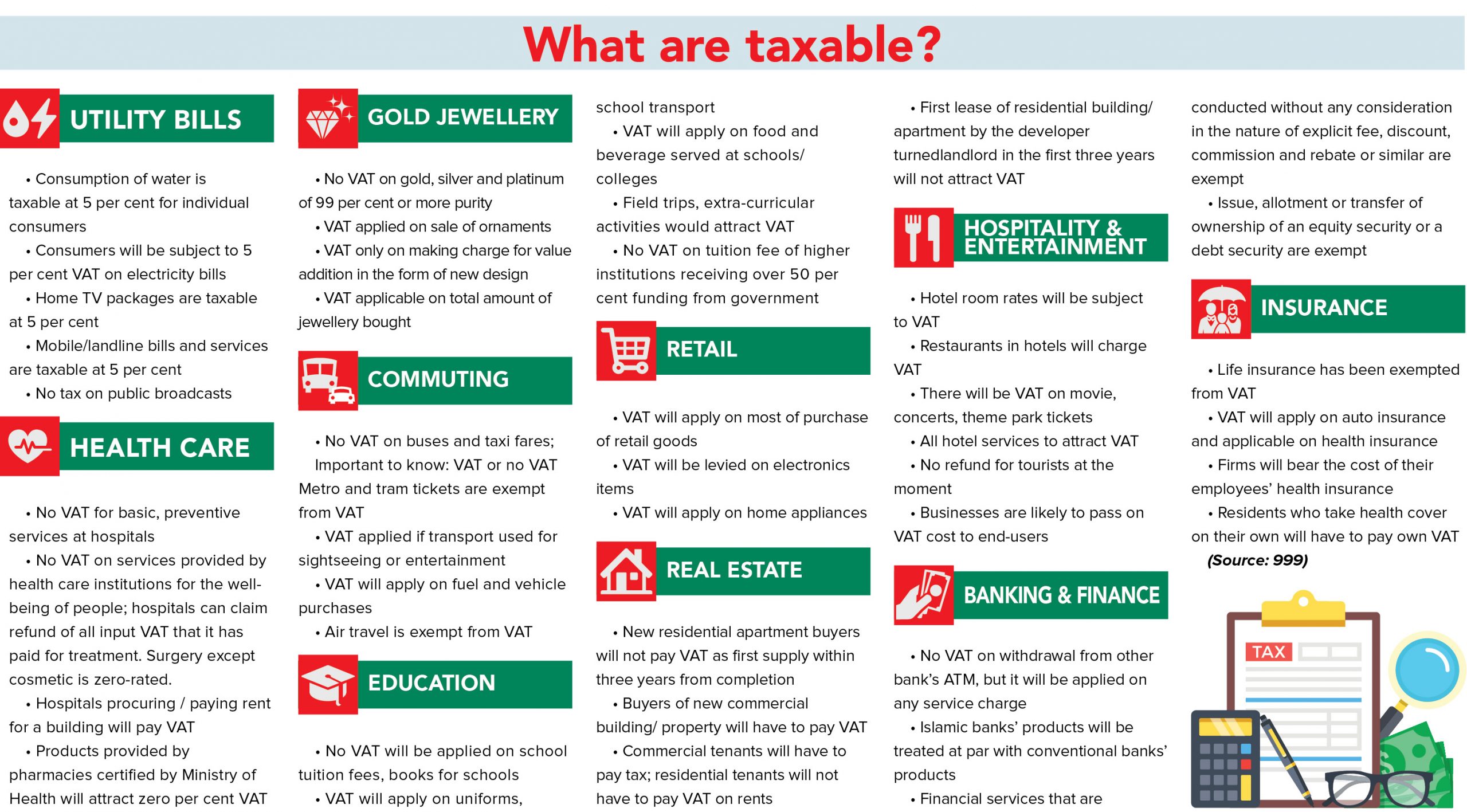The UAE, along with Saudi Arabia, introduced the Value Added Tax on Jan. 1, 2018. Other member countries of the Gulf Cooperation Council (GCC) are expected to implement it as well.
The tax has been applied at a standard rate of 5% to a range of goods and services, but several essentials, such as residential rent, health care, and education are out of its purview, either zero-rated or exempted.
VAT is one of the most common types of consumption tax found around the world with over 150 countries having implemented it (or its equivalent, goods & services tax), meaning that although it’s a new tax in the UAE, it’s not new for the majority of expatriates here, as they already pay VAT (or GST) in their own countries.

The Ministry of Economy has warned retailers and suppliers in the UAE that a huge fine of Dh100,000 will be slapped on those who try to make an extra buck on the pretext of VAT.
Dr Hashim Al Nuaimi, director of the Ministry of Economy’s consumer protection department, said that in cooperation with other financial bodies in the country, the ministry had established a committee to monitor the markets before and after the implementation of VAT in the country.
He added that the panel would conduct surprise inspections to ensure the implementation of VAT as well as the selective tax. Immediate action would be taken if the committee detected any violations, Al Nuaimi pointed out.
(Source: 999)




